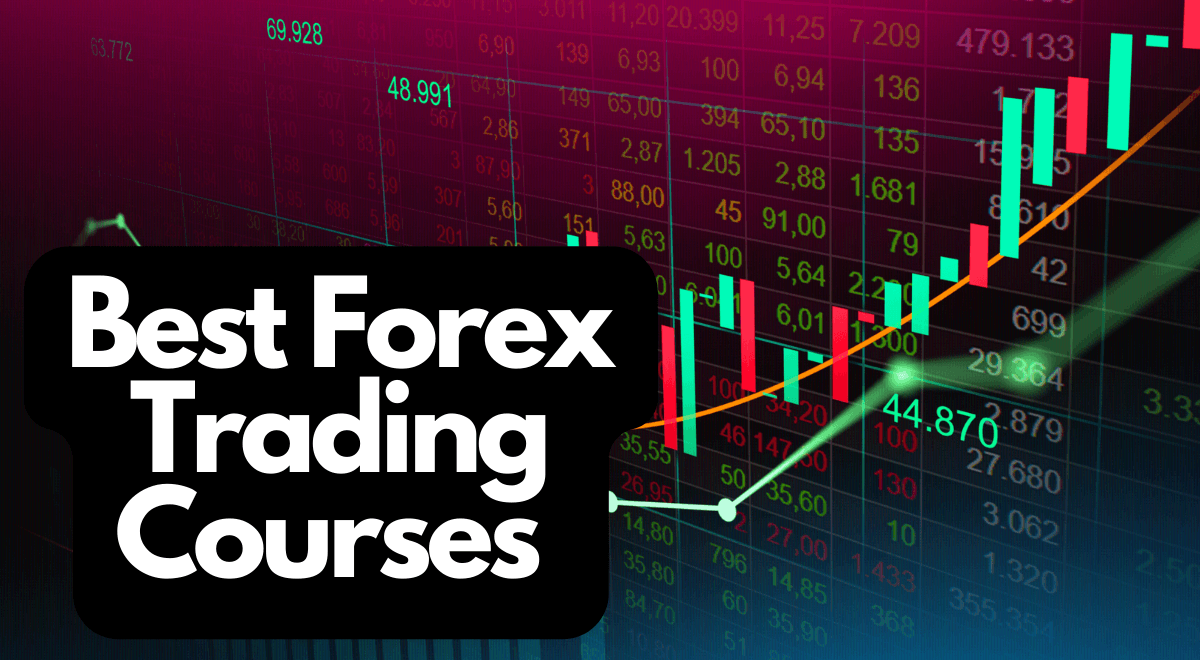The foreign exchange (Forex) market is the largest financial market in the world, with trillions of dollars traded every day. Unlike the stock market, which is tied to a physical exchange such as the NYSE, the forex market is decentralized — it operates globally through a network of banks, brokers, financial institutions, and individual traders.

1. Major Participants in the Forex Market
– Central Banks & Governments: Institutions like the U.S. Federal Reserve or the European CentralBank influence currency value through interest rates, monetary policies, and interventions. – Commercial Banks & Investment Banks: These banks handle massive volumes of currency transactions on behalf of clients, corporations, and themselves.
– Corporations & Multinational Businesses: Companies that trade internationally need to convertcurrencies for operations and hedging.
– Hedge Funds & Institutional Investors: Large investment firms participate in forex to diversifyportfolios.
– Retail Traders: Thanks to online brokers, individuals can access the market with smaller amountsof capital.
2. Market Liquidity
Liquidity in forex refers to how easily a currency pair can be bought or sold without causing big price changes. Major pairs like EUR/USD, GBP/USD, and USD/JPY are extremely liquid, while exotic pairs (e.g., USD/TRY) are less liquid and more volatile.
3. The Role of Brokers
Retail traders usually access the market through forex brokers. Market Makers create their own markets, while ECN/STP brokers connect you directly to liquidity providers.
4. 24-Hour Trading Cycle
Forex is open 24 hours a day, five days a week, across major financial centers (London, New York, Tokyo, Sydney). This makes it possible to trade at almost any time, though trading conditions vary depending on the session.
Disclaimer: This article is for educational purposes only and does not provide financial advice.


